Sport
Dollar
38,1967
0.48 %Euro
43,6728
0.22 %Gram Gold
4.075,0800
0.29 %Quarter Gold
6.720,2300
0 %Silver
39,9000
0.33 %As DRC braces for a legal battle against Apple for alleged use of ‘conflict minerals', the larger debate is how African protectionism could potentially change the continent's fortunes.
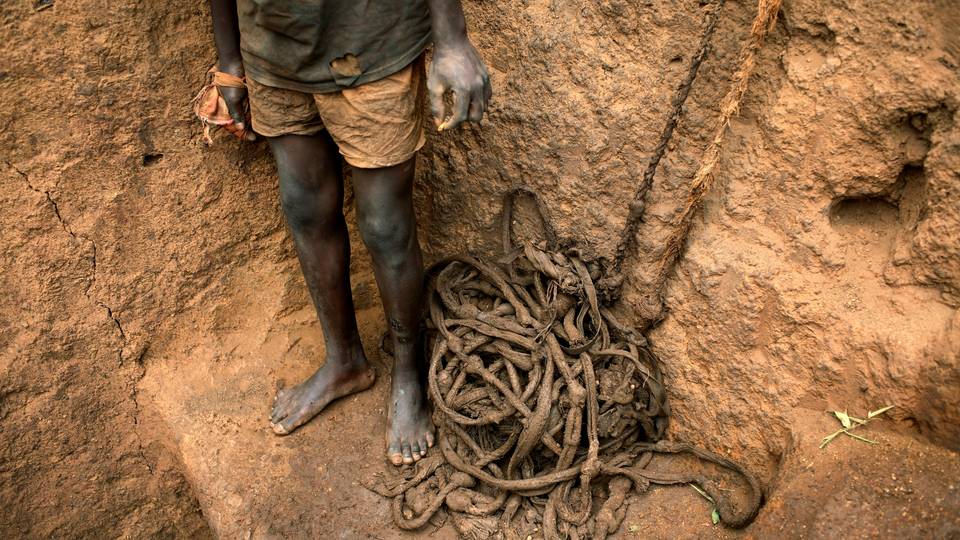
By Sylvia Chebet
A legal and ethical battle is brewing between the Democratic Republic of Congo (DRC) and Apple Inc. over the Silicon Valley behemoth's subsidiaries in France and Belgium allegedly using "conflict minerals" sourced from the Central African nation.
The criminal complaints filed by the DRC against Apple on December 17 are based on the premise that the tech conglomerate's profits come at a considerable cost to its peace since conflict minerals are known to fund armed groups involved in massacres, sexual assault and looting in the country.
DRC is a major source of tin, tantalum and tungsten, the so-called 3T trinity used in computers and mobile phones.
Some of the artisanal mines that supply these minerals to tech hardware companies are run by armed rebel groups involved in what the United Nations and rights groups categorise as crimes against humanity.
Congo's mining heartlands in the east have been devastated by waves of fighting involving armed groups since the 1990s.
Competition for minerals remains one of the main drivers of the conflict as the rebels sustain themselves and buy weapons with the proceeds from illegal exports, often smuggled through other countries.
In the past 25 years, over five million Congolese have been killed, and another 7.2 million displaced by the conflict.
Masudi Radjabo Papy, a Congolese from the troubled eastern region of the DRC, bemoans the irony of his country never experiencing peace and stability because of the scramble by armed rebel groups to exploit its natural wealth.
"The root cause of the war in eastern DRC is the illegal mining of its natural resources," Papy tells TRT Afrika.
Rebel groups often unleash violence with the intention of sending villagers scampering for safety, leaving their mineral-rich habitation free for the marauders to exploit.
"Many are being killed for no fault of theirs," says Papy.
"This is why I think it's about time African leaders decided to protect African interests. We would not have these internal wars, especially in the DRC, had we been each other's keeper."
Papy should know, having tried his hand in the mining sector.
What he witnessed in the last decade convinced him of the foul play in the business and the blatant exploitation of his people and country.
Rot runs deep
"The game is, they (big-time Western investors) come to the DRC wearing an African face. It could be a Kenyan, a Tanzanian, or a Rwandan. When they come to the DRC, we Congolese citizens see a brother coming in, and we start dealing with him in that manner," Papy tells TRT Afrika.
For the ordinary Congolese, foreign interest in their country's minerals has left a trail of exploitation, poverty, and even death — a vicious cycle encapsulated in the infamous term "blood minerals".
Having been to several mining sites, Papy says his fellow citizens who dig the mines are not accorded human rights and do not make any meaningful gains from their hard labour.
"They are the ones living in the poorest conditions, the kind of which you can't even begin to imagine," he says.
It isn't just the vulnerable villagers who break their backs in the mines or are flushed out of their homes to make way for mining that are suffering.
The country has been haemorrhaging wealth that would otherwise transform its face.
"If everything is done correctly, Congo would rival China's economy quickly," says Papy.
Stolen treasures
Economists reckon the DRC is a vital cog in the wheel of several prosperous technology-focused economies without benefitting from this caucus.
For instance, 80% of the world's cobalt, a vital component in the manufacture of electric vehicles, is from the DRC. Silver, gold, lithium and many more precious metals and minerals comprise the remainder of the list.
"If we were processing all those minerals here in the DRC, can you imagine where we could be today? Why are African countries not coming together to invest in our resources?" wonders Papy.
Instead, foreign investors motivated to use whatever means possible to access the minerals are running the show in the Congolese mining fields.
Papy believes the continent has failed to institute protectionist measures like the West does "because we are divided into states".
Being a small-scale miner, he and hundreds of others are locked out of the lucrative international market where enormous profits are realised.
Foreign entities with billions of dollars in investments have the war chest to acquire land, equipment and a workforce that keeps the conveyor belt running non-stop.
To put things in perspective, a small-scale miner would buy a kilo of tin from "diggers in the bush" at US $12. The foreign companies would then buy it from them at a maximum of $17 a kilo, including tax.
When the tin hits the international market, it will fetch double the price.
"It's the same with cocoa from Cote d'Ivoire or Ghana. Africans are not benefiting from their natural resources," rues Papy.
Bite of the Apple
Back in Europe, Apple insists it does not directly source primary minerals.
The company claims to conduct regular audits on its suppliers, publish the findings for transparency, and fund bodies that seek to improve mineral traceability.
Apple's 2023 filing to the US Securities and Exchange Commission stated that none of its supply chain's smelters or refiners of 3T minerals or gold had financed or benefited armed groups in Congo or its neighbouring countries.
After the DRC filed criminal cases this month, Apple released another disclaimer.
"As the conflict in the region escalated earlier this year, we notified our suppliers that their smelters and refiners must suspend sourcing tin, tantalum, tungsten, and gold from the DRC and Rwanda," it states.
"We took this action because we were concerned it was no longer possible for independent auditors or industry certification mechanisms to perform the due diligence required to meet our high standards."
The statement does not specify when these suppliers were notified.
"Apple's statements about changes to its supply chain will have to be verified on the ground, with facts and figures to support them," Reuters quoted DRC's lawyers as saying, adding that they would press on with the charges filed in Paris and Belgium against Apple France, Apple Retail France and Apple Retail Belgium.
These include covering up war crimes and the laundering of tainted minerals, handling stolen goods, and carrying out deceptive commercial practices to assure consumers that supply chains are clean.
According to the DRC's Belgian lawyer Christophe Marchand, his country had a particular moral duty to act because looting of Congo's resources began during the 19th-century colonial rule of King Leopold II.
"It is incumbent on Belgium to help Congo in its effort to use judicial means to end the pillaging," he says.
Robert Amsterdam, a US-based lawyer for the DRC, said the French and Belgian complaints were the first by the Congolese state against a major tech company, describing them as "only the first salvo".
➤ Click here to follow our WhatsApp channel for more stories.
TRT World
Comments
No comments Yet








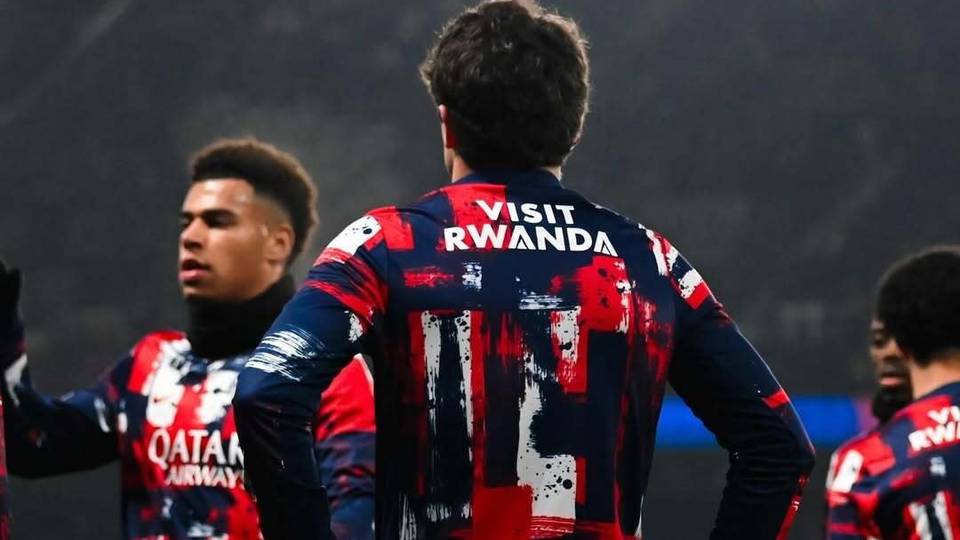
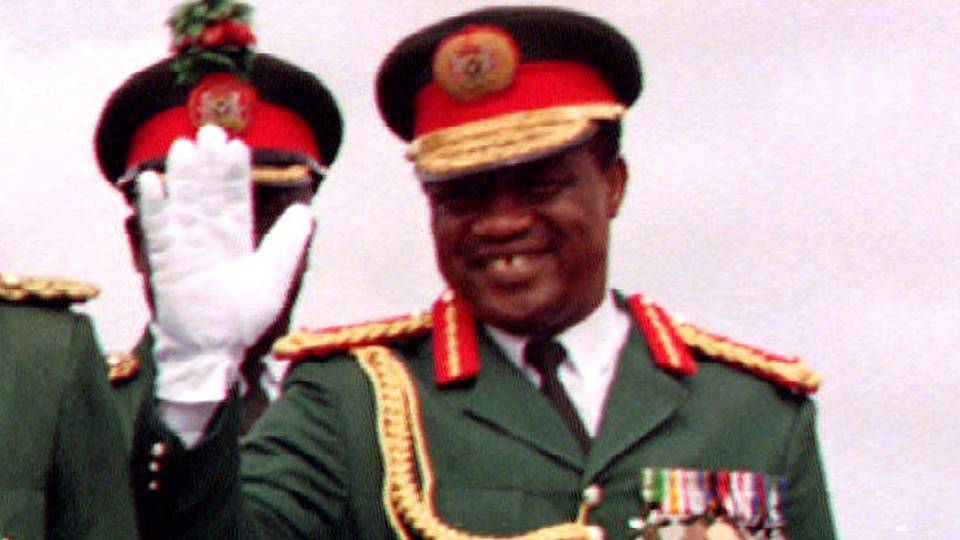
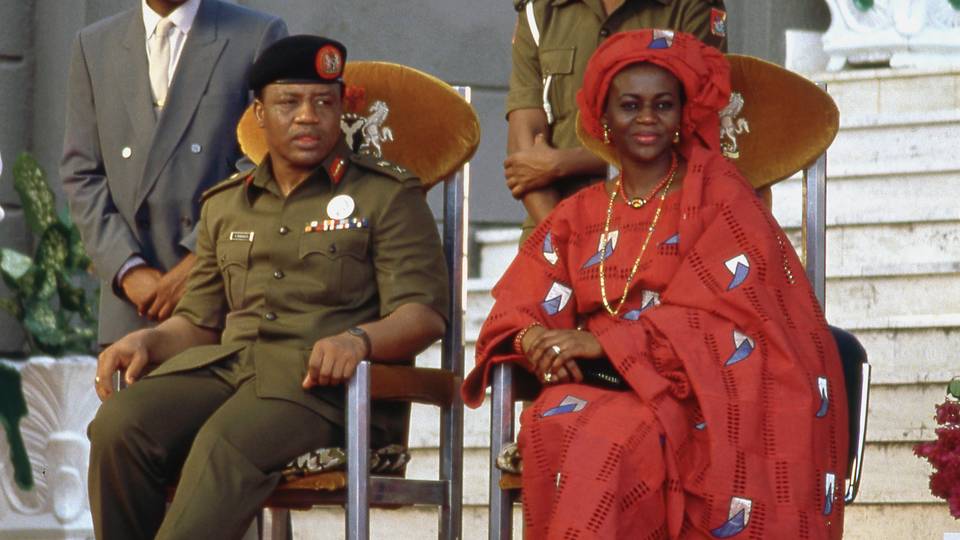
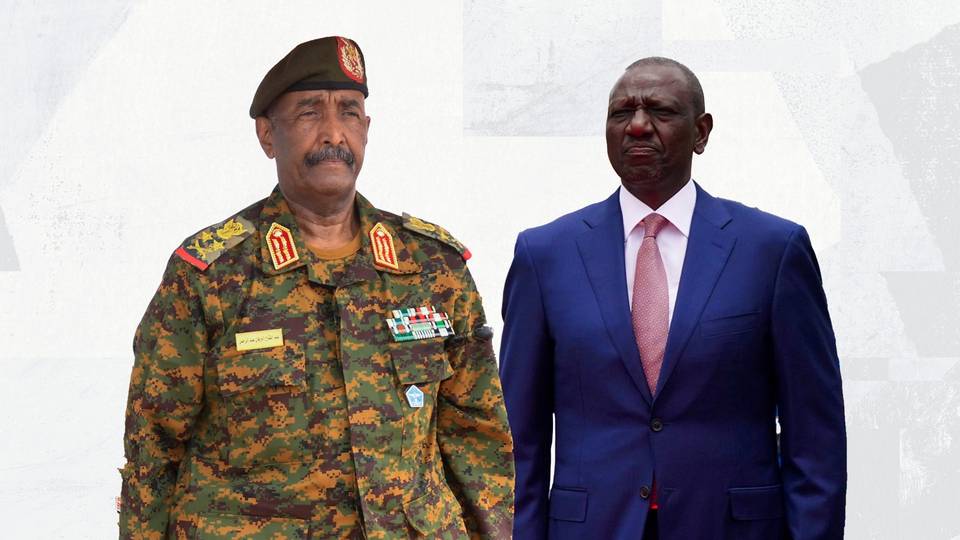








Comment